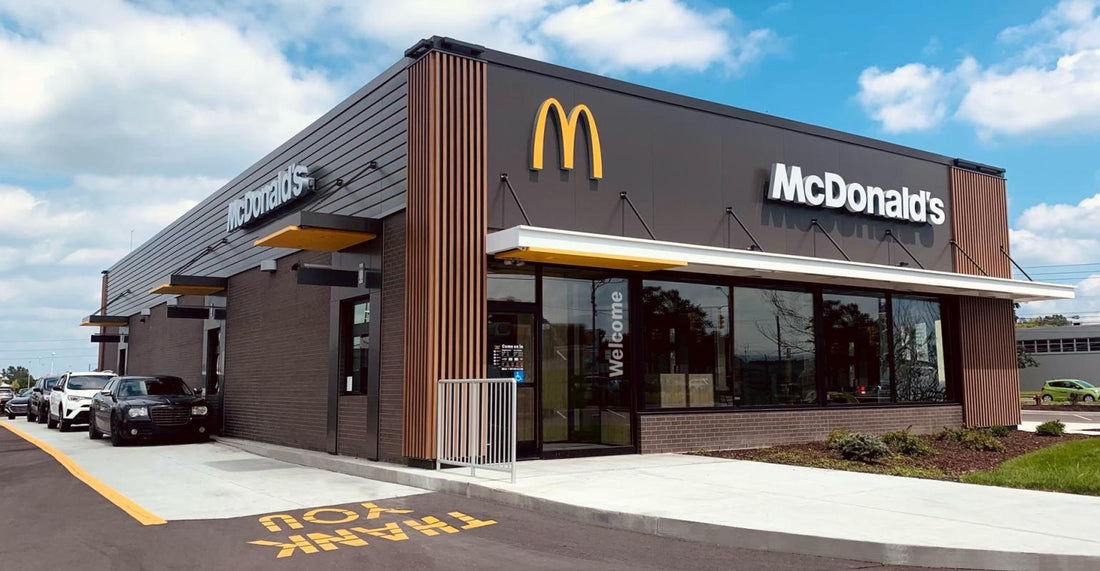
5 Key Insights on McDonald's E. Coli Outbreaks: What You Need to Know
McDonald's, a global fast-food giant, has faced several E. coli outbreaks over the years. Understanding these events is critical for consumer safety. Here, we’ll discuss the causes, health risks, and how McDonald's responds to these situations.

What is E. Coli?
E. coli, short for Escherichia coli, is a bacteria that typically lives in the intestines of healthy people and animals. While many strains are harmless, some can cause severe food poisoning. The most dangerous strains, such as E. coli O157, can lead to symptoms like diarrhea, stomach cramps, and, in some cases, kidney failure.

How Did McDonald's Get Involved in E. Coli Outbreaks?
McDonald's uses high-volume food production, which means strict safety protocols are essential. However, over the years, the chain has been linked to several E. coli outbreaks. One notable case occurred in 2019, when lettuce used in McDonald’s salads was contaminated, affecting several states.
External Reference:
For detailed health information about E. coli, check out the Centers for Disease Control and Prevention website. They provide real-time updates on outbreaks and safety measures.
What Causes E. Coli in Fast Food?
Contaminated produce, undercooked beef, and improper handling of food are the most common reasons. McDonald's, like many fast-food chains, has had issues with lettuce and beef, two products that can easily carry E. coli. Ensuring proper cooking temperatures and rigorous food-safety practices can help prevent contamination.
McDonald's Response to E. Coli Outbreaks
When outbreaks happen, McDonald's takes swift action. The company usually recalls the affected food items, works with suppliers to identify the source of contamination, and enhances their safety protocols to prevent future incidents. These actions help regain customer trust and mitigate health risks.
How to Protect Yourself from E. Coli at Fast Food Chains
- Check for Recalls: Always check for food recalls before eating.
- Ensure Meat is Fully Cooked: Especially when ordering burgers, request well-done to minimize risk.
- Watch Out for Raw Produce: Contaminated vegetables are a leading cause of E. coli outbreaks in fast food.
- Good Hygiene Practices: Wash hands before eating and avoid cross-contamination when handling food.
External Reference:
For more tips on food safety, visit the FoodSafety.gov website, which provides expert advice for consumers.
The Future of Food Safety at McDonald's
With increased focus on health and safety, McDonald’s continues to invest in advanced technologies like blockchain to track food safety across the supply chain. By adopting more rigorous standards and transparent practices, McDonald's aims to minimize future outbreaks and ensure the safety of its millions of customers worldwide.
Conclusion
While McDonald's has faced E. coli outbreaks, the company is proactive in handling these situations. Staying informed, understanding the risks, and following proper food safety practices are key to protecting yourself.
